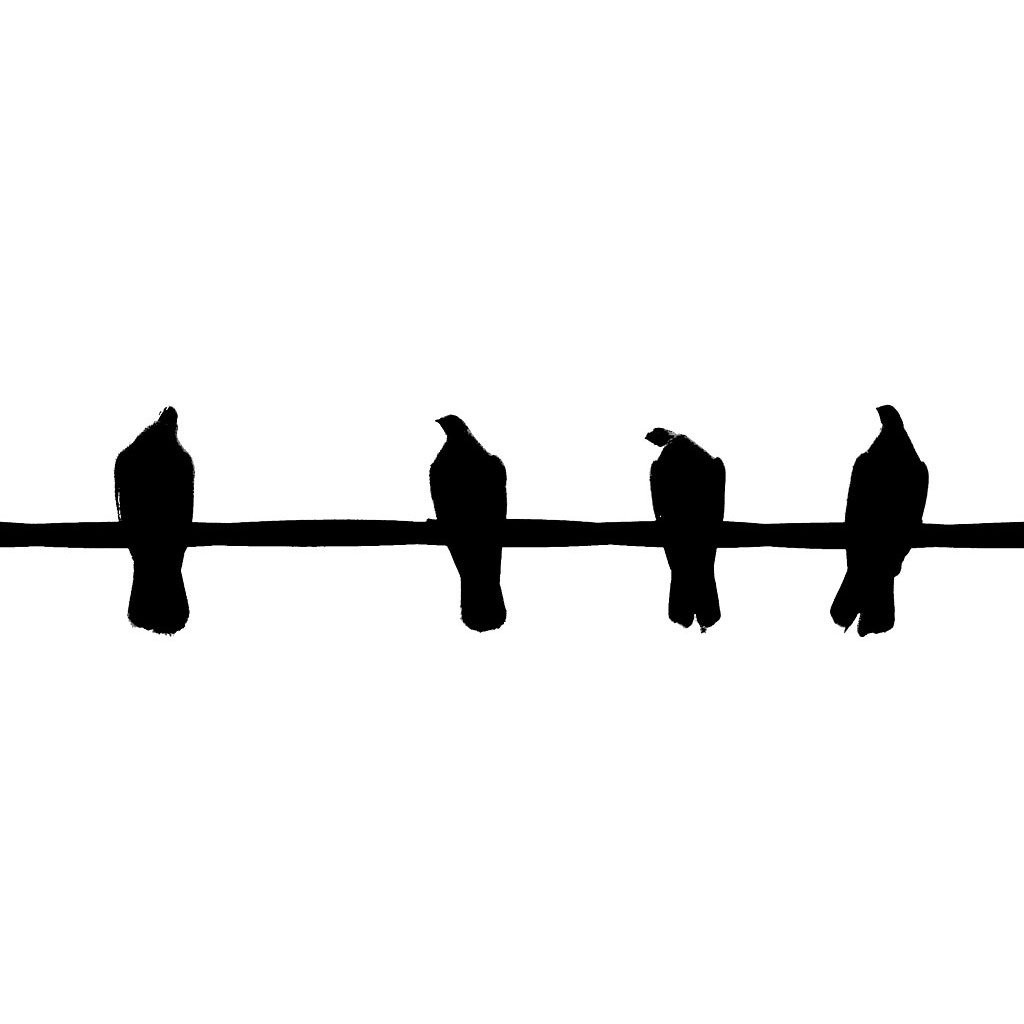Photo credit: Steve Bridger. Article cross-posted from Web-Strategist.com.
Buzzwords, buzzwords, buzzwords! Nothing is more fun than using buzzwords – except one thing: Reading all the buzzwords on a single page. Impress your colleagues at the co-working spot, your tatted Lyft drivers, and your hot Tinder dates with your immense knowledge on the latest hipster technology terms.
New terms and phrases emerge as new movements are born. The purpose of this post is to help clarify, from one single location, some of the jargon you may hear out in the industry. I plan to update it, along with your help, with submissions in the comments, to serve as a reference for our collective work.
At the bottom of this post, you can access links to existing glossaries that cover more well-known terms like Collaborative Economy, Sharing Economy, Maker Movement, crypto-currencies, P2P Lending, crowdfunding and more. The purpose of this post is to focus on emerging terms that are not so commonly known.
A Glossary of Emerging Terms of the Collaborative Economy:
- Access over Ownership: A transaction style where individuals have access to goods, products and services via on-demand models instead of ownership. Common business models include rental, delivery, subscription, membership and others. I first learned of this from Lisa Gansky, author of the Mesh.
- Air Squatters: A situation where Airbnb renters legally rent a location for over 30 days and are deemed official tenants –the host is unable to remove the “guests.” From multiple news sources, including NBC.
- Charity Jacking: A copycat campaign where non-profits slightly alter a popular cause and make it their own in order to generate awareness and donations. Example: The Livestrong bracelets resulted in thousands of permutations for other similar non-profits. Causes are hijacking campaigns made popular by other causes. Watch as the ALS Ice Bucket Challenge morphs into a Jell-O Bucket or Mud Bucket challenge for some other worthy cause. Charity Jacking coined by Beth Kanter.
- Fab Lab / Hacker Spaces / Maker Spaces: Physical locations where Makers design, create, prototype and develop new products and technologies in a collaborative setting. Notable examples include Noisebridge, NYC Resistor, A2 Mech Shop, Pumping Station: One, Artisan’s Asylum, and TechShop. Read more on Wikipedia.
- Internet of Things / Internet of Everything / Mesh: Refers to the interconnection of uniquely identifiable, embedded, computing-like devices within the existing Internet infrastructure. Mining this results in individuals being able to use technology to find idle resources (cars, homes, services) in local areas and quickly accessing, on-demand. Source: Wikipedia. Also see Mesh, by Lisa Gansky.
- On-Demand Economy: Championed by leading VC firm Sherpa Ventures, the On-Demand Economy (ODE) includes many business models that use technology to deliver goods, services, food, transportation and more to individuals, using mobile-based apps and the Internet of Things. Read the full investment thesis by Sherpa.
- Scampaign: A scenario in which a crowd-sourced campaign results in the project founders taking the money, but never delivering the product or perks. A recent scampaign involved a founder spotted driving a Ferrari, after raising $1.5 million and walking away from the project. Alternatively defined as “A concerted effort to achieve a goal which relies upon deceit to be successful.”
- Slogging / Share-Jacking: A scenario where sales teams from ride-sharing companies legally take paid rides from drivers – then proselytizes the drivers to join the other ride sharing company. Recently, an Uber playbook was published by The Verge, outlining the controversial and questionably ethical plans.
- Share Washing: A campaign led by either a large organization or startup that claims to be sharing, but is not living according to the values expected by the movement. Critics cite that commonly used monikers of “Sharing is the renting” and “working without benefits” are examples of large companies hoisting the sharing banner while taking advantage of smaller players. Read: Share washing is the new Green washing.
- Two-Sided Marketplace: A business model often powered by technology that enables providers and partakers to find goods, services and resources from each other. Early examples included Craigslist and eBay, but now these models have extended to Airbnb for home sharing, Lending Club for money sharing, and Sidecar for ride sharing.
Leave a comment! Can you suggest a new term? Do you want me to amend an existing term? I’m open to respectful feedback. Leave a comment. I’ll review, edit, add and credit you.
This post is not intended to debate the X economy vs. Y economy lexicon as, in the end, I believe it will just be called The Economy. See similar efforts: GitHub and CoinDesk have a Bitcoin glossary, a glossary of Maker Movement terms. Denise Cheng from MIT has also created a “related-to-sharing” glossary, and Rachel Botsman clarifies the many terms in this broader movement.
Update: The good folks at Listly have added these terms to their site.









